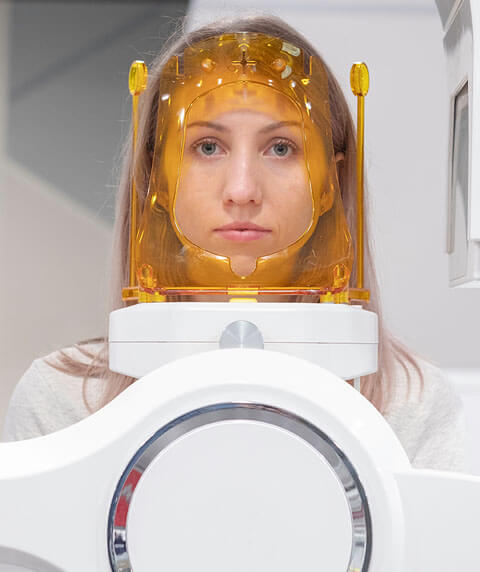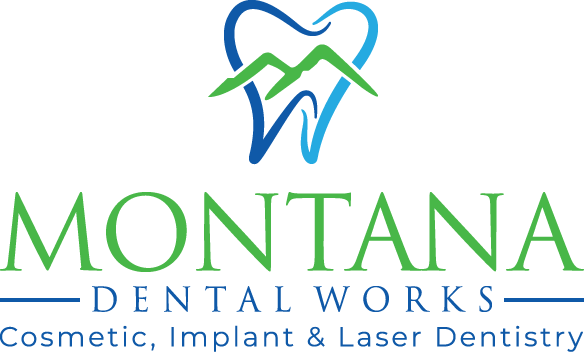
Convenient Care Using Advanced Cone Beam CT Scans
Cone beam CT scans (CBCT) represent a cutting-edge advancement in dental imaging technology, offering unparalleled precision for diagnostic and treatment planning purposes. Dr. Dan McAllister and our dental team at our Kalispell, MT, dental office utilize state-of-the-art CBCT technology to provide comprehensive insights into your oral and maxillofacial health.
This advanced system delivers highly detailed 3D images of your teeth, jawbone, soft tissues, and surrounding structures, enabling more precise and personalized care.
Explore our guide below to learn more about the benefits of CBCT in Kalispell, MT, or call our office at (406) 752-1166 to schedule your appointment.
It’s Fast & Easy
Our CBCT scanner is designed to provide maximum comfort and efficiency. The process requires no special preparation. Before the scan, you’ll be asked to remove metal objects like jewelry, eyeglasses, hearing aids, or removable dental work that could interfere with the imaging.
Once you’ve removed any items that might interfere with the scan, you’ll position your head in the designated area of the cone beam CT scanner. Afterward, we’ll adjust the equipment to ensure the images are accurate and comfortable for you.
The scanner then rotates around your head in a single, swift motion, capturing hundreds of images. These are compiled into a highly detailed 3D model using advanced software. The entire procedure takes less than a minute, and the radiation dose is significantly lower compared to conventional CT scans.
Learn More About Cone Beam CT Scans
At our Kalispell dental office, we’re committed to leveraging the latest dental technology to provide you with superior care. Whether you’re planning for dental implants or require a precise diagnosis for a complex issue, our cone beam CT scanner offers the accuracy and detail necessary for optimal outcomes.
Call us today at (406) 752-1166 or fill out our online form to schedule your CBCT scan appointment. Our team proudly serves patients in Kalispell, MT, and surrounding areas, delivering exceptional care with innovative technology.
